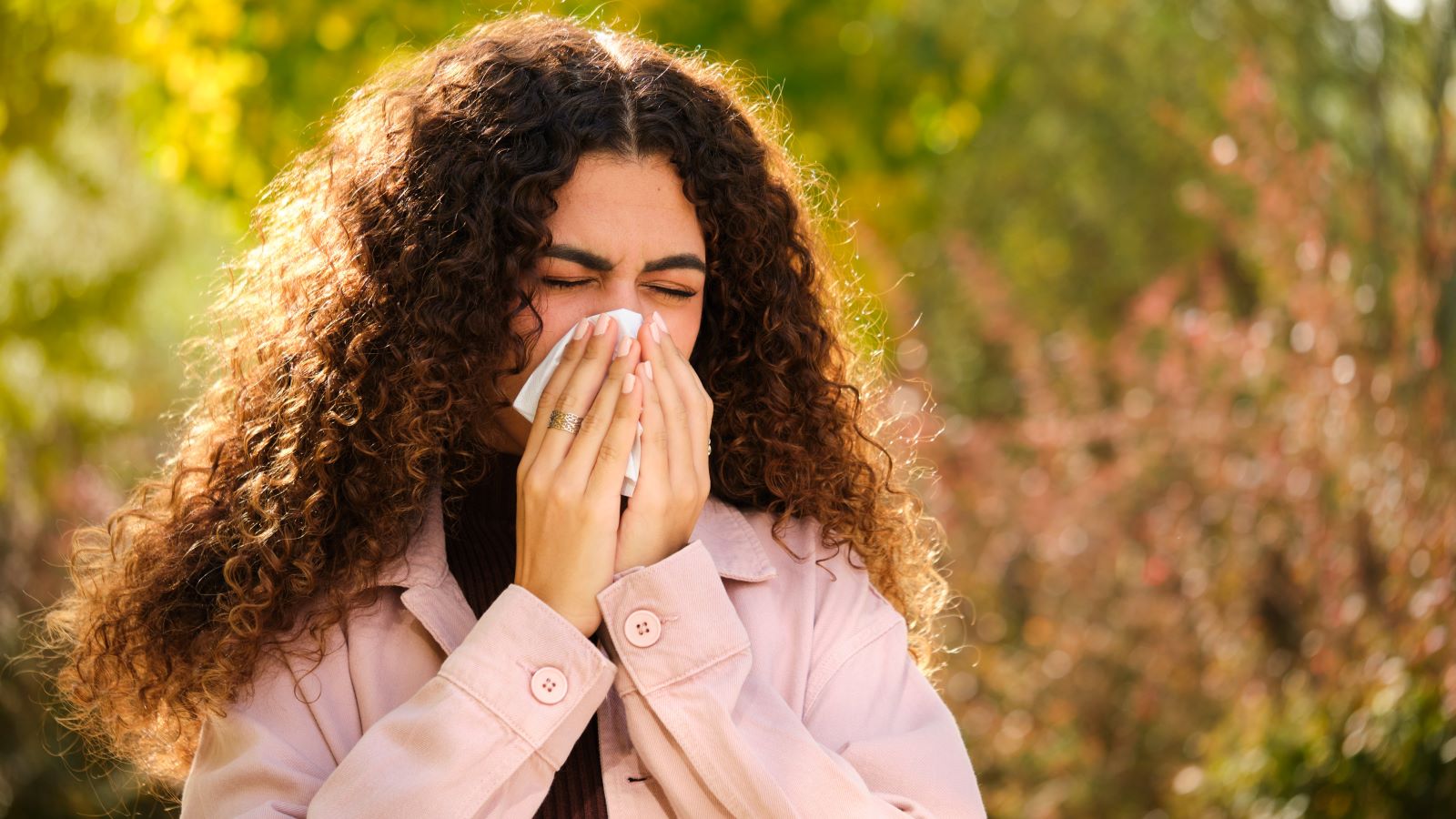<< Back
6 Foods That Could Help Your Spring Allergies

April 29, 2025
Spring is here, and unfortunately, so is the pollen. If your spring allergies are acting up, could certain foods offer you some relief?
We asked an expert for the top six foods that could help you breathe easier this spring.
How food helps with allergy relief.
When it comes to managing allergies, your diet might not be the first thing you think of — but it can make a difference.
Certain foods have natural properties that may ease allergy symptoms. Some are rich in antioxidants, which can calm inflammation in your airways. Others contain compounds that help stabilize your immune system, making it less reactive to allergens like pollen.
While food isn’t a replacement for allergy medications, adding the right nutrients to your diet could give you an extra layer of defense.
1. Local honey
You’ve probably heard that local honey might help with allergies. Well, there’s some truth to it.
“Local honey contains pollen from your area,” says Samantha Oldman, MS, a dietitian with Hartford HealthCare. “By eating a little bit each day, you might help your body get used to the pollen and reduce allergy symptoms over time.”
Honey also has anti-inflammatory properties, which can help soothe stuffy noses and sore throats. Just make sure it’s raw and local for the best results.
2. Ginger
This spicy root has been used for centuries to ease congestion and inflammation. “Ginger is naturally anti-inflammatory and can help calm a sore throat or stuffy nose,” explains Oldman.
“It’s also been shown to lower histamine levels, which means it may help with sneezing and itching.”
> Related: 5 Reasons to Add More Ginger to Your Diet
3. Turmeric
Best known for its golden color and earthy flavor, turmeric has powerful anti-inflammatory properties.
“The active ingredient in turmeric, curcumin, works similar to ginger by reducing histamine levels,” notes Oldman. “Some studies even suggest it acts as a natural antihistamine.”
4. Probiotics
A healthy gut can mean a healthier immune response – including how your body reacts to allergens.
“Probiotics help support gut health, which plays a big role in regulating immune function,” explains Oldman. “If your gut is balanced, you may have fewer or less severe allergy symptoms.”
> Related: Can I Still Benefit From Probiotics If I’m Healthy?
5. Citrus Fruits
Vitamin C is a well-known immune booster, but it also has antihistamine properties.
“Citrus fruits like oranges, lemons and grapefruits can help reduce symptoms like a runny nose and watery eyes,” says Oldman.
> Want more health news? Text StartHere to 85209 to sign up for text alerts
6. Salmon and Fatty Fish
Packed with omega-3 fatty acids, fatty fish like salmon, sardines and mackerel may help with allergy symptoms.
“Omega-3s calm the immune system and reduce inflammation in your airways,” says Oldman. “This can help with breathing and lessen allergy severity.”